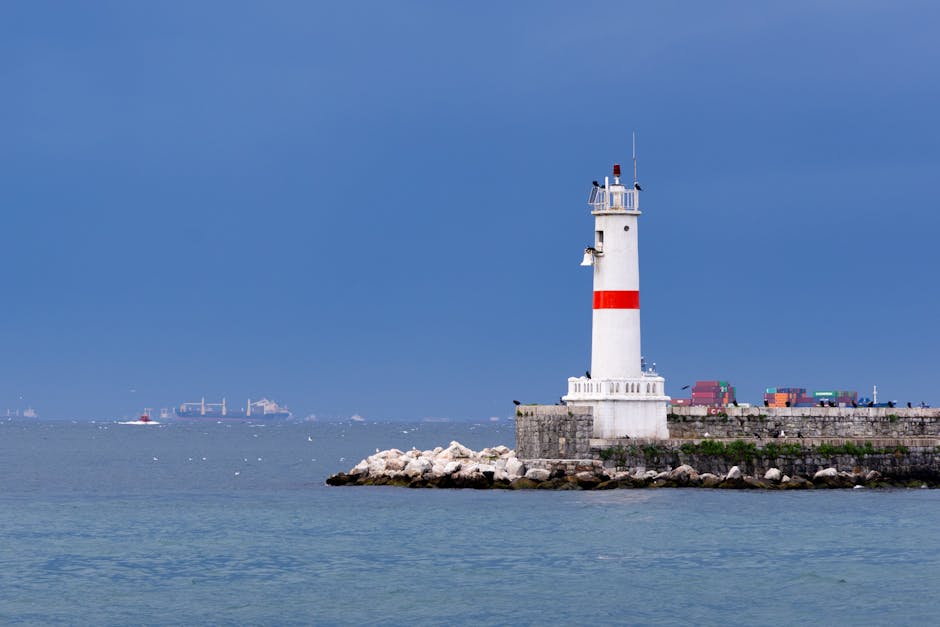Over-Tourism and Its Impact: A Traveler’s Guide
Hello fellow travelers! As much as we all love exploring new places and immersing ourselves in different cultures, there is a growing concern in the travel industry that we cannot ignore: over-tourism. While it may seem like a dream come true to have popular destinations flooded with tourists, the reality is that it can have detrimental effects on the environment, local communities, and even our own travel experiences. In this post, I will share with you the impact of over-tourism and how we, as responsible travelers, can help mitigate its effects.
The Definition of Over-Tourism
First things first, let’s define over-tourism. It refers to the phenomenon where a destination becomes overcrowded with tourists, causing strain on the local resources and infrastructure. This can be seen in popular cities like Venice, Barcelona, and Dubrovnik, where the number of tourists far exceeds the local population. While it may seem like a good thing for the economy, it can have negative consequences for the destination and its residents.
The Negative Impact of Over-Tourism
One of the most significant impacts of over-tourism is the strain it puts on the environment. Increased tourism means more energy consumption, waste production, and carbon emissions. The natural beauty of a destination can quickly become degraded with excessive foot traffic, litter, and pollution. This not only affects the local ecosystem but also takes away from the charm and authenticity of a place.
Moreover, over-tourism can lead to the displacement of local communities. As more and more tourists flood a destination, the cost of living increases, and locals may be forced to move out of their homes to make way for hotels and other tourist accommodations. This can also result in the loss of traditional businesses and cultural practices as they are replaced by souvenir shops and chain restaurants.
How We Can Help as Travelers
As travelers, we have the power to make a positive impact and help alleviate the effects of over-tourism. Here are some simple steps we can take to be responsible tourists:
Choose Alternative Destinations
Instead of following the crowds to popular destinations, consider visiting lesser-known or alternative destinations. Not only will this help reduce the strain on popular places, but you may also discover hidden gems and have a more authentic experience.
Travel in the Off-Season
Traveling during peak season is one of the main contributors to over-tourism. By choosing to travel during the off-season, you can enjoy lower prices, fewer crowds, and support the local economy during slower periods.
Respect the Local Culture and Environment
Be mindful of the local culture and customs when visiting a destination. Respect the environment by leaving no trace and avoiding activities that can harm the ecosystem. By being a responsible and respectful traveler, you can help preserve the authenticity and charm of a place.
Support Local Businesses
Instead of staying at international hotel chains and eating at fast-food restaurants, opt for locally-owned accommodations and restaurants. This not only supports the local economy but also allows you to have a more authentic experience and connect with the local community.
Be Mindful of Your Footprint
Consider the impact of your actions on the destination. Use public transportation or walk instead of renting a car, reduce your plastic usage, and choose eco-friendly activities. Small changes can make a big difference in preserving a destination for future generations to enjoy.
In Conclusion
Over-tourism is a growing concern that we cannot ignore as responsible travelers. By choosing alternative destinations, traveling in the off-season, respecting the local culture and environment, supporting local businesses, and being mindful of our footprint, we can help mitigate its effects and preserve the charm and authenticity of our favorite destinations. Let’s all do our part to ensure that we can continue to travel sustainably and responsibly. Happy travels!




